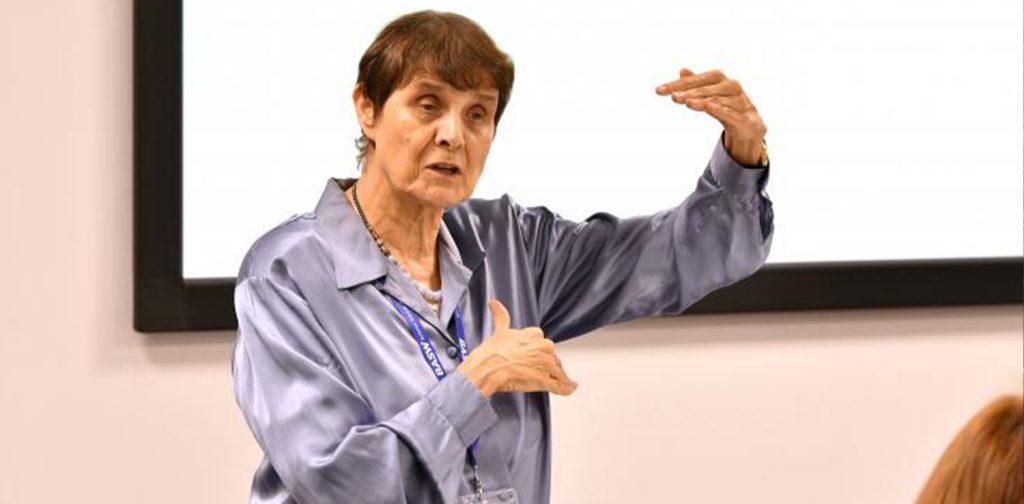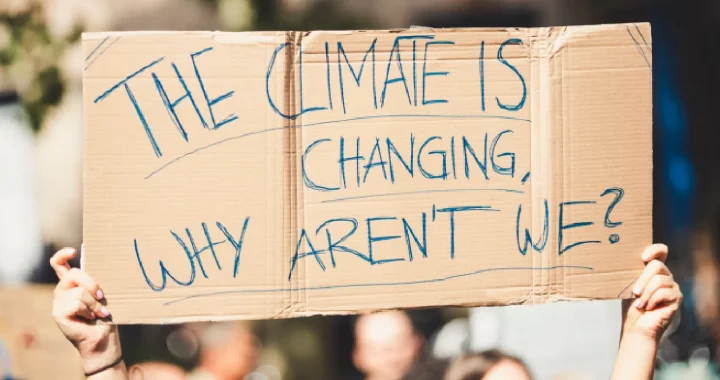Lena Dominelli on Environmental Justice and Green Social Work

Lena Dominelli | Photo: BASW
Social work is both a practice and an academic study that fosters societal change and growth, social cohesiveness, and individual empowerment and liberty. Social work lies in social justice, human rights, communal responsibility, and diversity respect. Underpinned by social work theories, social sciences, humanities, and indigenous knowledge, social work engages people and structures to address life challenges and enhance well-being.
Professor Lena Dominelli holds a Chair in Social Work at the Faculty of Social Sciences, Stirling University. She is developing the emerging field of green social work, community resilience, and community engagement. Currently, she chairs the International Association of Schools of Social Work (IASSW) Committee on Disaster Interventions. Lena has also represented the social work profession at the United Nations discussions on climate change (UNFCCC) since Cancun, Mexico, in 2010.
Environmental Justice
She started looking at how the world defines social justice. She realized that we had been leaving out environmental justice. “Environmental justice is the right to live in a sustainable and healthy environment that allows everyone to use natural resources to meet the needs of the present without endangering the use of future generations while caring for the planet and all its contents,” explained Professor Lena.
People who suffered from social injustice before are people who are also suffering from environmental injustice. So, it could be defined as the right to a sustainable healthy environment. During her meetings with the International Association of Schools of Social Work (IASSW) on the international definition of social work, Lena stated that she wanted environmental justice to be included.
Social work practice needs to become greener. Protecting the planet and securing environmental justice is crucial because climate change disasters affect everyone. Green social work is a new insight for social work to overcome structural inequalities and degraded environments.
A New Approach
This new approach espouses a holistic approach to all peoples and other living things—plants and animals and the physical ecosystem. It emphasizes the relational nature of all constituent parts and redefines the duty to care for and about others, including the responsibility to care for and planet earth.
Even though it’s new, it’s essential in today’s society to harmonize with our environment. Acknowledging the inter-dependency of all living things allows for including all systems and institutions in their remit.
Green social work’s value system favors equality, social inclusion, equitable distribution of resources, and a rights-based approach to meeting people’s needs to live ethically and sustainably. Responding to these issues is one of the biggest challenges facing social workers in the twenty-first century.
Ecological and social problems are, now more than ever, global problems that cannot be understood and solved on local or national levels alone. Instead, they need to be addressed with multi-level approaches. Dominelli clarifies that the social work profession can and should play its role in designing and shaping this perspective.
Editor: Nazalea Kusuma
Source: Australian Association of Social Workers
Lena Dominelli gave an international public lecture on “Green Social Work’s Contribution to Environmental Impact” held by The Department of Social Welfare, FISIP Universitas Indonesia on June 17, 2021

Aliyah Assegaf
Aliyah is a Contributing Author at Green Network Asia. She graduated from Universitas Indonesia with a bachelor's degree in Social Welfare.

 Test premium post
Test premium post  How Biotechnology Can Support Food Security and Energy Transition
How Biotechnology Can Support Food Security and Energy Transition  Glass Onion: Layers of Hydrogen Energy
Glass Onion: Layers of Hydrogen Energy  Hydrogen Energy’s Potential as a Clean Energy Source for Asia
Hydrogen Energy’s Potential as a Clean Energy Source for Asia  Balancing Human Rights and Climate Change
Balancing Human Rights and Climate Change  Are Komodo Dragons for Tourism?
Are Komodo Dragons for Tourism?  Test Custom Feature Image
Test Custom Feature Image  Electric Vehicles Roam the Roads of Kenya
Electric Vehicles Roam the Roads of Kenya